Benefits Of Vitamin A For Skin And How Much You Need
Unlock the beauty benefits of vitamin A and welcome radiant, refreshed, and renewed skin.

Image: Shutterstock
We all know that vitamins are necessary for good skin health. But, what about vitamin A for the skin? Good skin has a natural radiance that makes a person appear youthful. Therefore, it is critical to provide your skin with the vitamins it requires to stay healthy. Vitamins give your skin a youthful glow. They also reduce the chances of premature aging, psoriasis, or acne (1).
Vitamin A is one of those vitamins that is quickly becoming popular. But, how does it aid in the improvement of your skin? Keep reading to know more!
In This Article
What Is Vitamin A?
Vitamin A has an integral role to play in the overall skin health of an individual. When an individual consumes Vitamin A, the liver converts it to retinol. Primarily, there are two types of vitamin A, the preformed version, retinoids, and the preformed version, carotenoids. Cartenoids are loaded with ant-oxidants and help tackle cell damage, premature aging, and several other skin diseases (2).
When vitamin A is topically applied to the skin, the same is absorbed and the skin ceases to be overly dry. That is because retinol is a key ingredient that fosters the production of new skin cells (3). Prolonged decrease in vitamin A results in papules forming on the skin, leading to conditions like follicular hyperkeratosis (excess keratin in the hair follicles on the skin) (3).
Topical retinoids are also effective in treating oily skin conditions, such as pimples and acne (4). Retinol, a derivative of vitamin A, also helps stimulate the collagen production in the body. This way, it helps reduce the appearance of fine lines and wrinkles (5).
Now that you understand what vitamin A is, let us explore how it can benefit your skin.
Key Takeaways
- Retinoids and carotenoids are the two primary forms of vitamin A that play a key role in your skin health . with their anti-oxidant, anti-inflammatory, and cell-regenerating properties.
- Applied topically on the skin or taken as a diet or supplement, vitamin A helps even out skin tone, slow down signs of aging and sun damage, while promoting skin healing.
- Eggs, dark leafy greens, yellow and orange veggies, fortified milk, and cereals are some of the common options to add vitamin A to your diet.
- Vitamin A supplements should be taken as per prescribed dosage. Pregnant or breastfeeding women should avoid it unless prescribed by a doctor.
Benefits Of Vitamin A For Your Skin
1. May Slow Down The Signs Of Aging
Vitamin A can be applied topically on the skin. You can also incorporate it into your diet. It is a potent antioxidant that supports collagen production and helps reduce fine lines, wrinkles, and saggy skin (that could be caused due to collagen damage).
Prolonged UV exposure is one major cause for this. The carotenoids have antioxidant properties (2). These may help reduce the premature signs of aging.
2. May Protect Against Infection
The skin is the first line of defense against pollutants, bacteria, and several other infections. Vitamin A promotes the production of new skin cells and strengthens the skin. This way, it is thought to fight any skin infections. However, more information is warranted in this regard.
3. May Even The Skin Tone
Anecdotal evidence suggests that using vitamin A lotion on the skin can even its tone. The lotion may help improve skin cell turnover. It may help shed the damaged and pigmented skin surface. These newly formed healthier skin cells boost its natural radiance. This makes Vitamin A one of the popular vitamins for glowing skin. More research is warranted to further understand this specific property of vitamin A.
4. Boosts Natural Skin Pigmentation
Retinoic acid (a metabolite of vitamin A) regulates the pigments in the skin and helps keep the skin smooth. It also promotes wound healing (6). Lack of vitamin A results in the depletion of retinoic acid may cause dry and itchy skin. Regular consumption or application of vitamin A leads to an ample supply of retinoic acid, leaving the skin fresh and moist.
Vitamin A helps shed the unwanted pigmented skin. The retinoids in the skin block certain enzymes needed for melanin production (7). Melanin tends to darken the skin.
5. May Help In Reducing Hyperpigmentation
Vitamin A is an essential nutrient that promotes skin renewal and regulates melanin production, fostering a more even skin tone (7). Retinoids, derivatives of vitamin A, effectively target dark spots by stimulating collagen production. It may also promote cell turnover and inhibit melanin production to help lighten the spots and even out your skin tone (8).
6. May Help Reduce Acne
Retinoic acid is a major constituent of Isotretinoin, a drug used to treat acne
(9). This drug also helps with sebum regulation, which is one reason vitamin A is also thought to help treat acne. However, the direct role of vitamin A in acne treatment is yet to be studied.
Kristina, a YouTuber, shares her journey with taking vitamin A supplements. She says, “It’s super easy, but it has changed my skin in a matter of just two weeks (i).”
7. May Help With Wound Healing
Vitamin A may repair the skin from everyday damage. It regulates the cellular regeneration metabolism of the skin’s deeper layers and leaves your skin feeling supple. The vitamin A also boosts the growth of skin cells, fibroblasts, and other skin tissues. It even boosts collagen synthesis (10).
Compounds like retinol, retinal, and retinoic acid are derivatives of vitamin A and play an integral role in the growth of skin cells (3). When the body is deprived of Vitamin A, the skin weakens and is more prone to wounds.
 Pro Tip
Pro TipVitamin A may also help reduce the risk of certain types of cancers (11).
8. May Protect Against Sun Damage
Vitamin A absorbs certain ultraviolet radiation and has a photoprotective action on the skin. The vitamin is the parent compound of retinyl esters. Retinyl esters work on the epidermis and absorb ultraviolet radiation (12). This helps protect the human skin against sun damage.
The antioxidant properties of vitamin A also squelch the free radicals on the skin and reduce its sensitivity to solar rays. As a result, you will have a visible reduction in sun-induced pigmentation, redness, and itchiness (3).
Now that you know how your skin stands to benefit from vitamin A, it is time to understand how you can procure this nutrient.
- Some of the richest sources of vitamin A include (13):
- Eggs
- Fortified milk
- Fortified breakfast cereal
- Orange and yellow fruits and veggies
- Dark green leafy vegetables like spinach and broccoli (sources of beta-carotene)
Yellow fruits, such as apricots, papaya, or mango add beta-carotene to your diet. The body then converts it to retinol. Red vegetables, such as carrots and red peppers, are other good sources of beta-carotene.
 Pro Tip
Pro TipWhile vitamin A has its advantages, excess can be bad. What is the right dosage of this nutrient?
How Much Vitamin A Do You Need?
An average adult male in the age group of 16 to 64 years needs 600 to 900 µg of Vitamin A daily. Women would need about 600 to 700 µg a day (14). For people who consume a balanced meal, their daily vitamin A requirement can be met through their diet.
Eating foods rich in vitamin A is crucial for maintaining healthy skin and overall well-being. Some excellent sources of vitamin A include sweet potatoes, rich in beta-carotene that the body converts into vitamin A (15). Leafy greens like spinach and kale and underground vegetables like carrots are also high in beta-carotene and provide additional antioxidants that combat skin damage (16). Eggs contain retinol, the active form of vitamin A, and are a great option for those seeking animal-based sources (17).Regularly including such vitamin A-rich foods in your meals may improve skin texture. To maximize absorption, pair these foods with healthy fats like olive oil or avocado, as vitamin A is fat-soluble and better utilized by the body when consumed with dietary fats (18).
Donna Kay Parrish, a licensed esthetician says, “Vitamin A is great for the body. Consult a physician before applying a topical Vitamin A if pregnant or breastfeeding because your prenatal vitamins also contain vitamin A.”
You must realize that vitamin A must be consumed in the quantities mentioned above. Excess intake can cause certain side effects.
Risks And Side Effects Of Using Vitamin A For Skin
If you are considering vitamin A pills for the skin, you must be cautious. Daily dosage exceeding 10,000 IU can be dangerous for your health (19). One may experience bone thinning, headache, nausea, and even liver damage. Check with your doctor for the dosage ideal for you.
Vitamin A supplements may react with prescription retinoids, hepatoxic drugs, anticoagulants, and cancer drugs such as bexarotene. More research is warranted in this regard. But if you are on any of these medications, consult your doctor before taking vitamin A supplements. There is inadequate information on the safety of vitamin A supplements for pregnant or breastfeeding women. Stay safe and avoid use.
Vitamin A oil may cause possible irritation on the skin. To minimize this side effect, you can consider using vitamin A oil with low retinoid concentration every alternate day. Avoid abrasive substances like scrubs, astringents, and peel-offs. Products containing benzoyl peroxide or salicylic acid must also be avoided. If possible, avoid overexposure to the wind, sunlight, or extremely cold conditions in the initial days of using retinoid creams or oils. As your skin gets accustomed, you can increase the frequency of usage or the retinoid percentage in the product.
Summing It Up
Vitamin A is useful for various reasons and may help treat skin disorders. It can be found in foods and supplements and topical creams and lotions. It helps restore the skin barrier function, allowing your skin to remain resilient and healthy. It is one of the most crucial aspects of improving skin health. You are better positioned to make an informed decision now that you know the advantages, side effects, and risks of vitamin A for the skin. Start using it right away to get glowing skin, but be cautious of the side effects.
Frequently Asked Questions
How long does vitamin A take to work on the skin?
It will take at least three months of consistent application of vitamin A to observe any notable improvement in your skin, and up to a year for the complete results to take effect.
Vitamin A or C: which is better for the skin?
It depends on what goals you have for your skin. For example, while retinol (vitamin A) is frequently regarded as the finest in its class for wrinkles and fine lines, vitamin C for the skin is best known for its ability to brighten and improve hyperpigmentation.
Does vitamin A exfoliate skin?
Yes, vitamin A works as an exfoliator, enhancing the tone and texture of the skin’s surface.
Is vitamin A deficiency common?
Vitamin A deficiency is less common in developed countries due to varied diets. However, it persists in some populations worldwide, particularly in underdeveloped regions where access to diverse foods is limited, leading to potential health issues.
Watch the following video to discover the incredible benefits of vitamin A in enhancing your skincare routine. This video shares an expert’s opinion on how vitamin A contributes to skin health and the effectiveness of various skincare products.
Personal Experience: Source
StyleCraze's articles are interwoven with authentic personal narratives that provide depth and resonance to our content. Below are the sources of the personal accounts referenced in this article.
(i) HOW I CLEARED MY SKIN IN 30 DAYS *naturally*https://www.youtube.com/watch?v=BWRh6SV32nE
References
Articles on StyleCraze are backed by verified information from peer-reviewed and academic research papers, reputed organizations, research institutions, and medical associations to ensure accuracy and relevance. Read our editorial policy to learn more.
- Vitamins in Aging, Health, and Longevity.
https://www.ncbi.nlm.nih.gov/pmc/articles/PMC2682456/
- nfluence of dietary carotenoids on radical scavenging capacity of the skin and skin lipids.
https://pubmed.ncbi.nlm.nih.gov/23246796/
- Retinoids in the treatment of skin aging: an overview of clinical efficacy and safety
https://www.ncbi.nlm.nih.gov/pmc/articles/PMC2699641/
- ACNE CLINICAL GUIDELINE
https://www.aad.org/member/clinical-quality/guidelines/acne
- Safety Evaluation and Anti-wrinkle Effects of Retinoids on Skin
https://pubmed.ncbi.nlm.nih.gov/24278507/
- itamin A and retinoic acid: induced fibroblast differentiation in vitro
https://pubmed.ncbi.nlm.nih.gov/4060071/#:~:text=The%20results%20of%20this%20in,differentiation%20and%20enhanced%20collagen%20synthesis.
- Retinoids: active molecules influencing skin structure formation in cosmetic and dermatological treatments
https://www.ncbi.nlm.nih.gov/pmc/articles/PMC6791161/ - Melanogenesis and Melasma Treatment
https://www.mdpi.com/2079-9284/8/3/82 - The use of isotretinoin in acne
https://www.ncbi.nlm.nih.gov/pmc/articles/PMC2835909/ - Vitamin A and Wound Healing
https://pubmed.ncbi.nlm.nih.gov/31697447/
- Association of Vitamin A Intake With Cutaneous Squamous Cell Carcinoma Risk in the United States
https://www.ncbi.nlm.nih.gov/pmc/articles/PMC6669777/
- Vitamin A Exerts a Photoprotective Action in Skin by Absorbing Ultraviolet B Radiation
https://www.jidonline.org/article/S0022-202X(15)30495-4/fulltext - Vitamin A
https://medlineplus.gov/ency/article/002400.htm - Vitamin A
https://ods.od.nih.gov/factsheets/VitaminA-HealthProfessional/
- Beta-carotene-rich orange-fleshed sweet potato improves the vitamin A status
https://pubmed.ncbi.nlm.nih.gov/15883432/
- Spinach or carrots can supply significant amounts of vitamin A
https://pubmed.ncbi.nlm.nih.gov/16210712/
- Dietary Sources, Patterns of Intake, and Levels of Fat-Soluble Vitamins
https://www.ncbi.nlm.nih.gov/books/NBK218749/#
- Vitamin A Toxicity
https://www.ncbi.nlm.nih.gov/books/NBK532916/#:~:text=The%20most%20severe%20adverse%20effect,irritation%2C%20erythema%2C%20and%20peeling.
Read full bio of Donna Kay Parrish
Read full bio of Arshiya Syeda
Read full bio of Ramona Sinha
Read full bio of Swathi E







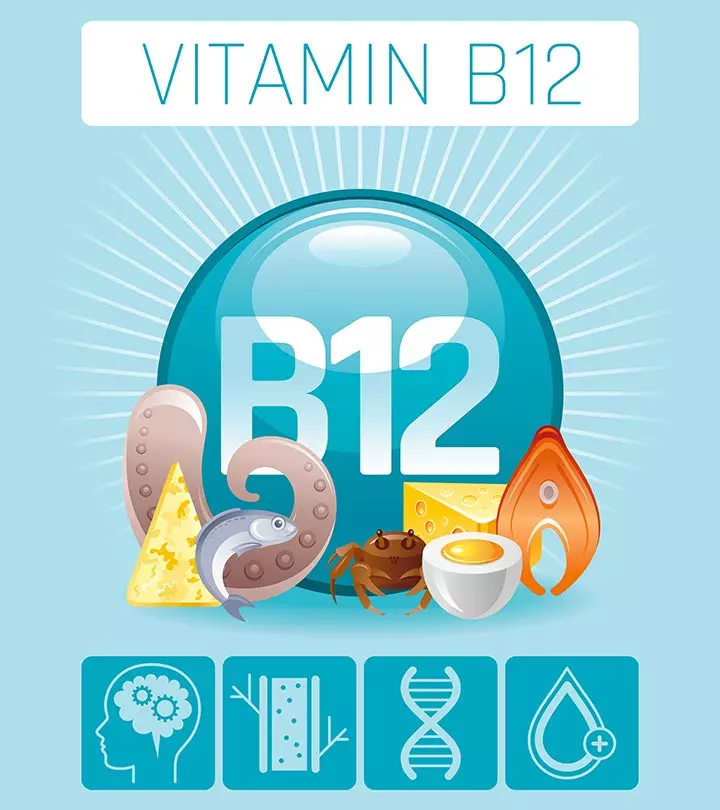


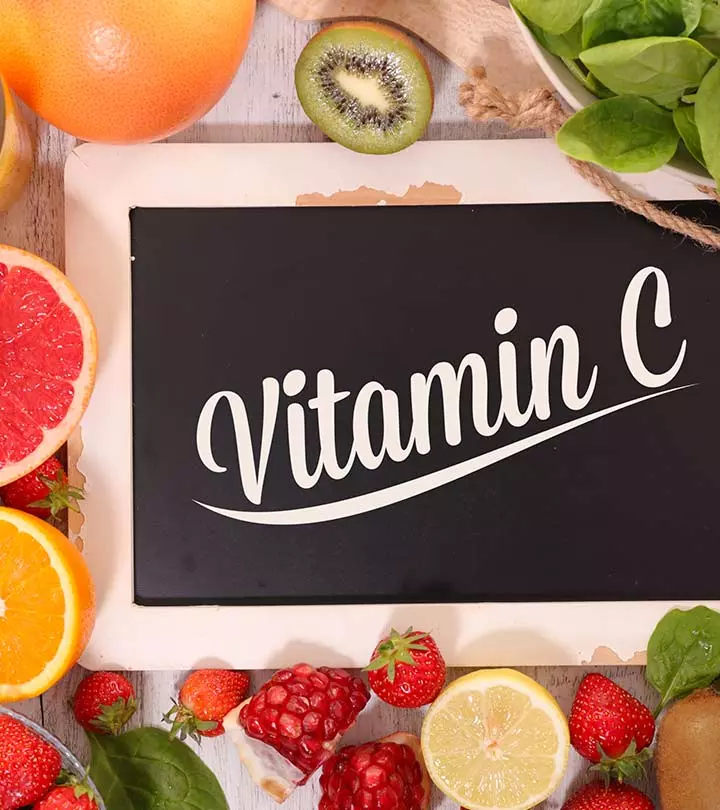






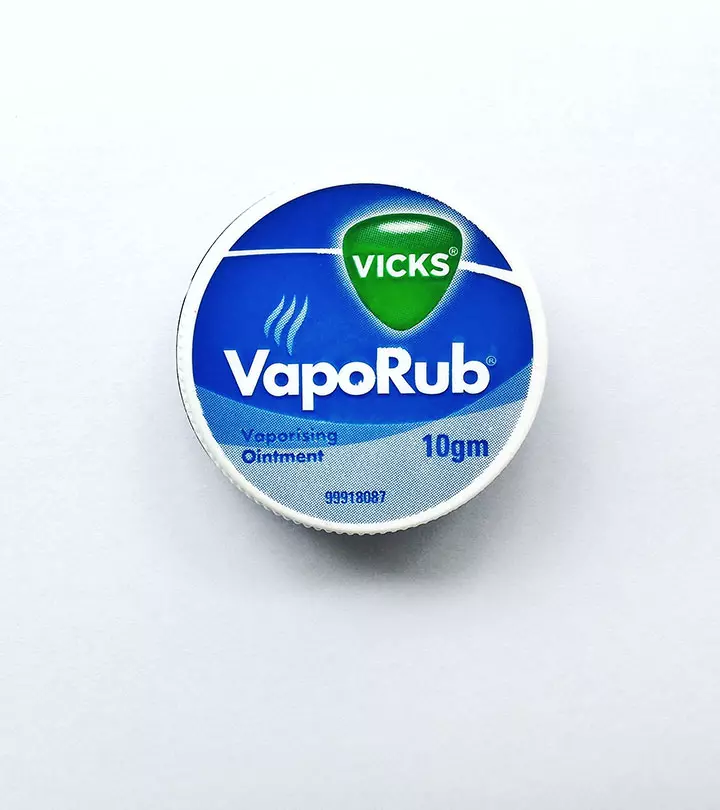
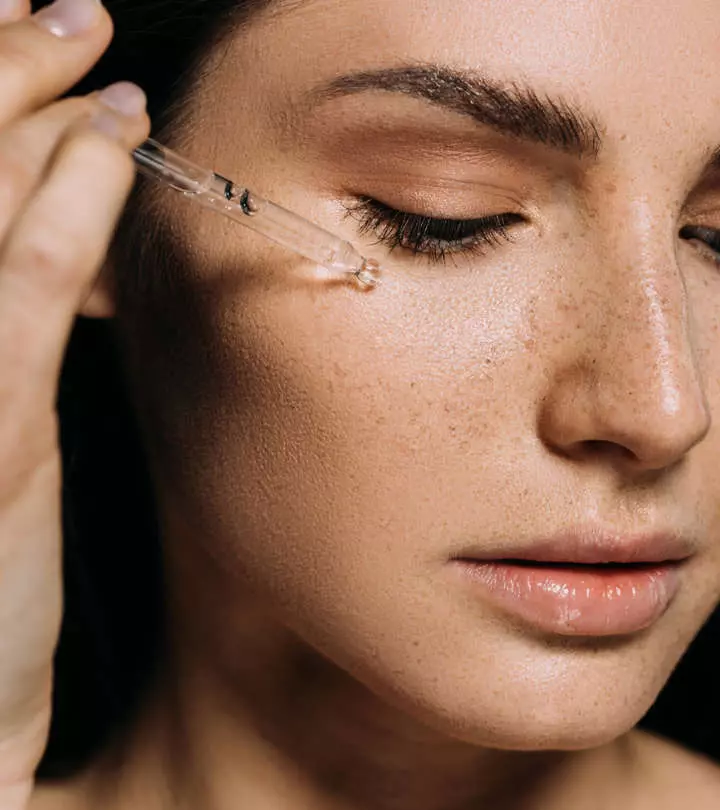

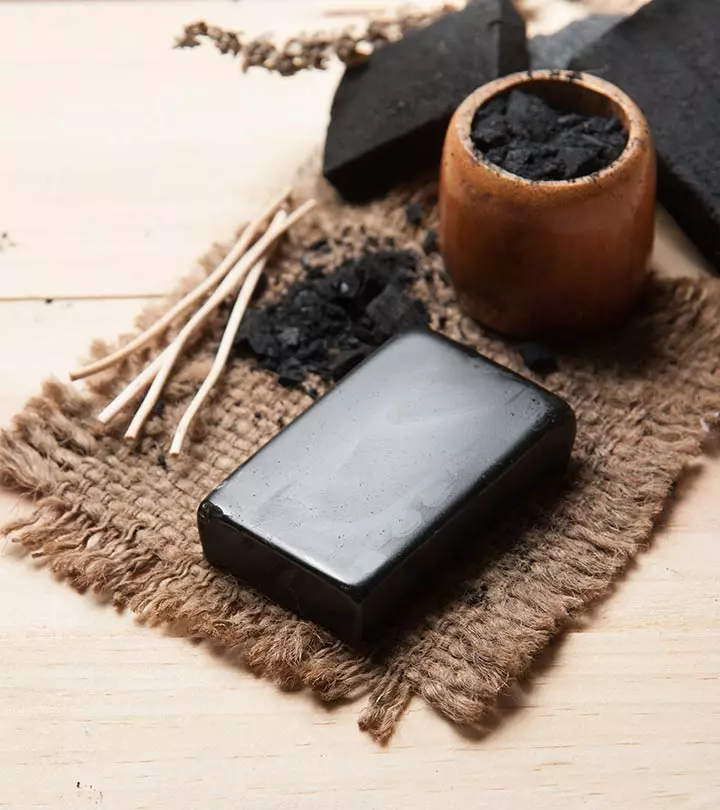
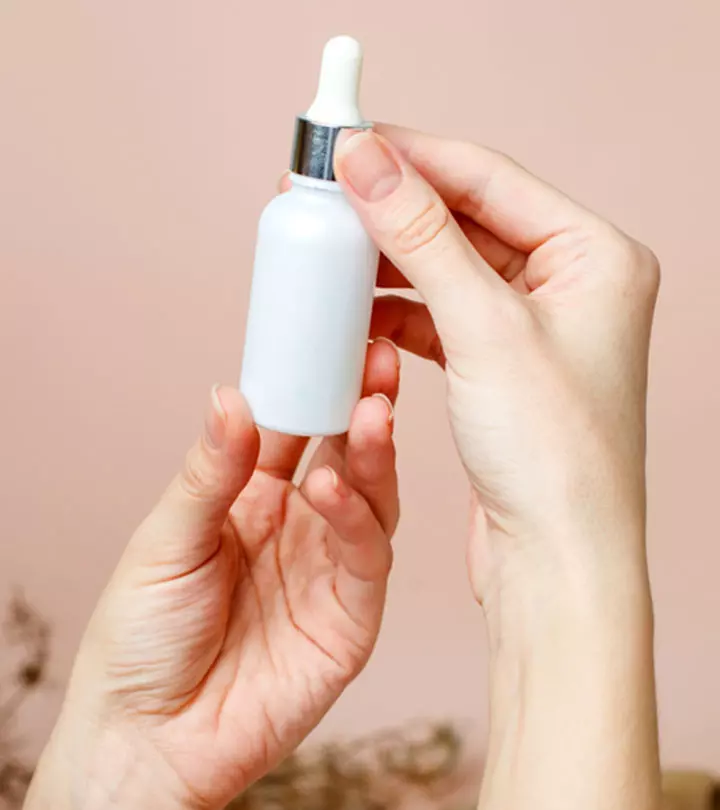

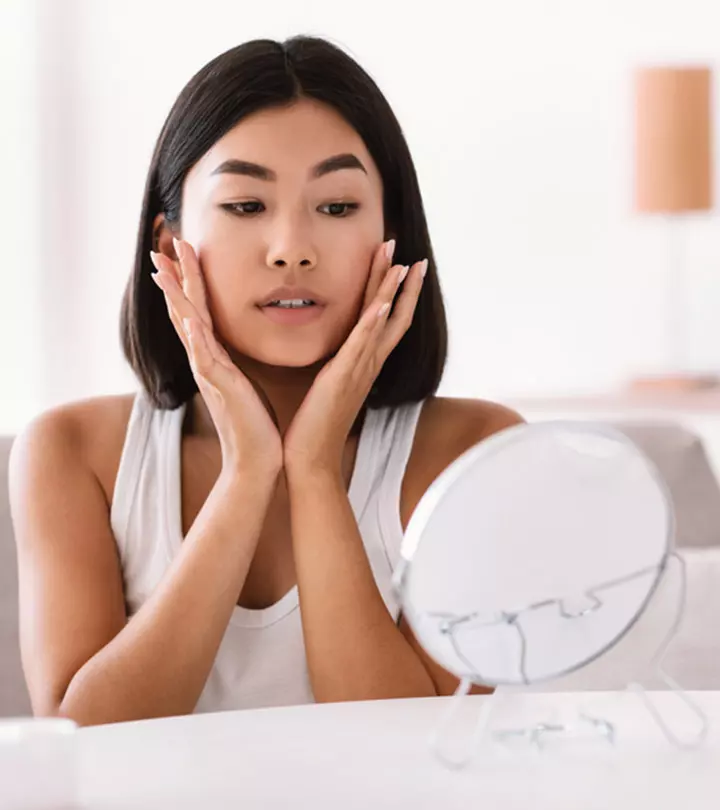



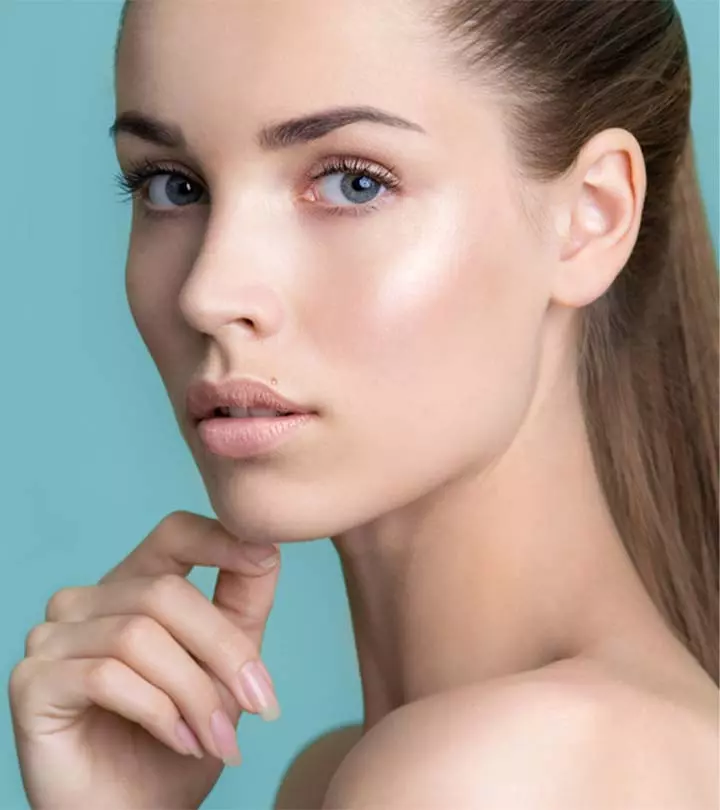
Community Experiences
Join the conversation and become a part of our empowering community! Share your stories, experiences, and insights to connect with other beauty, lifestyle, and health enthusiasts.